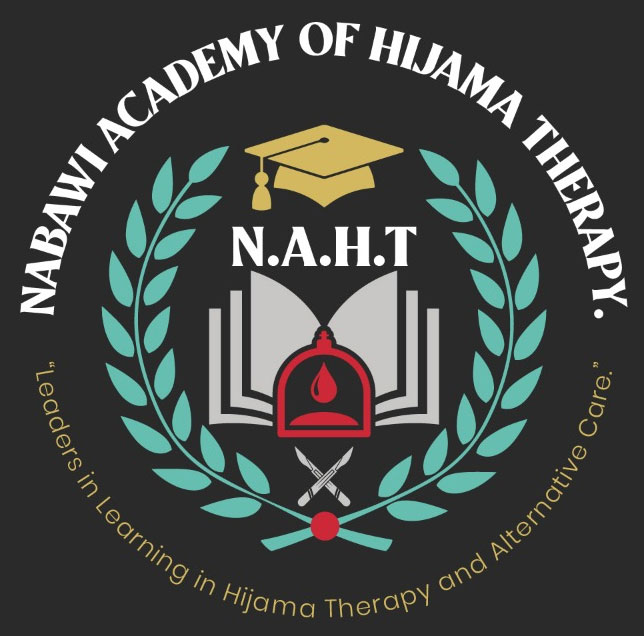Course Objectives:
1. To introduce students to the field of counseling and its historical development.
2. To provide an overview of different counseling theories and approaches.
3. To develop basic counseling skills and techniques.
4. To explore the ethical and professional responsibilities of counselors.
5. To examine the application of counseling in various settings and populations.
Course Outline.
Module-1:
1. Introduction to Counseling.
2. Definition and scope of counseling.
3. Historical development of counseling.
4. Role and responsibilities of a counselor.
Module-2:
1. Counseling Theories and Approaches.
2. Psychodynamic theories.
3. Humanistic and person-centered approaches.
4. Cognitive-behavioral therapy-(C.B.T).
5. Family systems therapy.
6. Solution-focused brief therapy-(S.F.B.T).
Module-3:
1. Basic Counseling Skills.
2. Active listening and empathy.
3. Non-verbal communication.
4. Building rapport and trust.
5. Reflective questioning and summarization.
Module-4:
1. Ethical and Professional Considerations.
2. Ethical principles and codes of conduct in counseling.
3. Confidentiality and its limits.
4. Informed consent.
5. Cultural competence and diversity awareness.
Module-5:
1. Counseling in Practice.
2. Counseling across the lifespan (e.g., children, adolescents, adults, elderly).
3. Counseling in educational and career settings.
4. Counseling in mental health and crisis intervention.
5. Counseling for trauma and substance abuse.
Assessment and Grading:
- Class participation and engagement: 15%
- Quizzes and reflection assignments: 20%
- Case study analysis: 25%
- Mid-term examination: 20%
- Final project or presentation: 20%
Course Materials:
i. Theories and Approaches to Counseling and Psychotherapy” by Patricia J. Robinson and Geraldine Shipton.
ii. The Skilled Helper: A Problem-Management and Opportunity-Development Approach to Helping” by Gerard Egan.
iii. Lecture notes and handouts provided by the instructor.
iv. Supplementary readings and research articles.
Recommended Resources: - Ethical, Legal, and Professional Issues in Counseling” by Theodore P. Remley Jr. and Barbara P. Herlihy
- Counseling Across the Lifespan: Prevention and Treatment” by Cindy L. Juntunen and Jonathan P. Schwartz
- Journals and publications related to counseling research and practice.
Note:
This syllabus is subject to change at the discretion of the instructor. Students are encouraged to actively participate in discussions, seek clarification when needed, and stay updated with any modifications to the course content or schedule.








Reviews
There are no reviews yet.